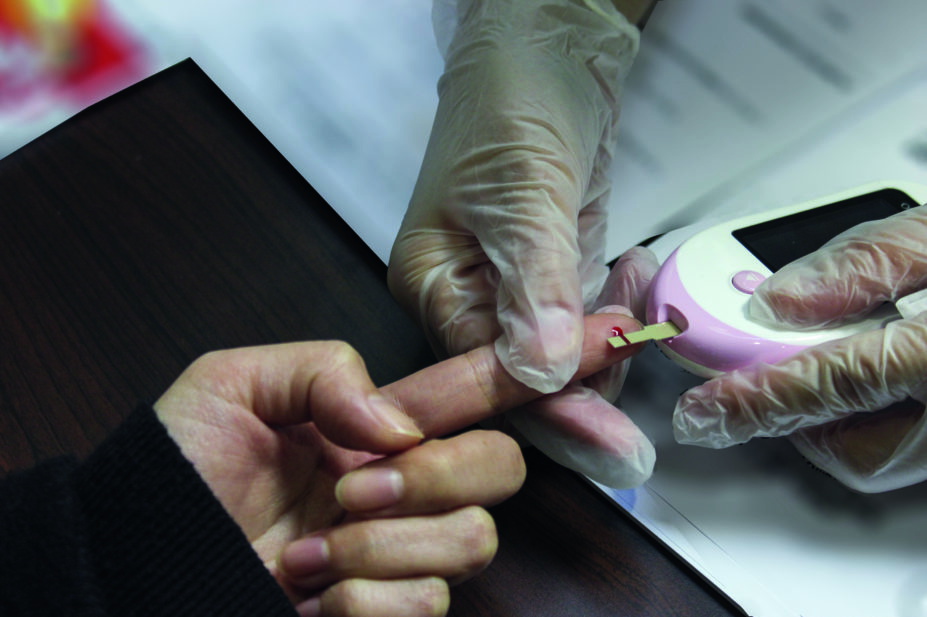
Shutterstock.com
Pharmacist-led services can help improve adherence to diabetes medication by up to 61%, according to the results of a patient support programme.
The programme, run jointly by integrated healthcare services provider Celesio and pharmaceutical company MSD, showed the greatest improvement in patients with the poorest adherence, which is often linked to having beliefs about the adverse consequences of taking the medication.
Laura Southall, service design manager for medicines adherence and patient support at Celesio, says the study demonstrates that community pharmacists are ideally placed to help patients who are unintentionally non-adherent, through, for example, forgetfulness or loss of dexterity.
A total of 211 people completed the six-month study, which used pharmacists in a call centre to contact patients by telephone and text. Pharmacists at the centre were trained in behavioural change including motivational interviewing. All participants were identified as not collecting all the medicines they needed from pharmacies.
The group who were least adherent at the start of the study improved the most, from 33.6% to 95.1%, using a measure of the proportion of the days covered by medicines dispensed.
Southall says: “We wanted to provide targeted support that was tailored to the individual needs of patients.
“The aim was to improve patients’ knowledge of how and when to take their medication, explain why the medication is beneficial, dispel any myths and address any of their concerns.”
Heidi Wright, policy and practice lead for England at the Royal Pharmaceutical Society, says greater use could be made of pharmacists in improving adherence — but warns that it might need additional funding to enable them to spend time with patients and explore the reasons behind non-adherence.

Source: MAG / The Pharmaceutical Journal
Heidi Wright argues greater use could be made of pharmacists in improving adherence
“There’s a huge role for pharmacists around supporting patients to take their medicines properly and getting the best value for the NHS out of those medicines. We know that 50% of patients are not taking their medications as intended,” Wright says. “In community pharmacy we have limited amounts of time and may have to look at how we prioritise people,” she says.
However, medicines use reviews and the new medicine service do offer more time to discuss why patients are not taking medications and to understand their health goals, she says, adding that GP-based pharmacists are also well placed to address adherence as they have access to the full patient record.
Leyla Hannbeck, chief pharmacist and director of pharmacy at the National Pharmacy Association, suggests that a pharmacist-delivered scheme to help patients with adherence could save money in other parts of the NHS — such as reducing admissions that result from long-term conditions worsening. She points out that getting pharmacists involved in patients’ care plans in Canada have delivered significant savings for the health system there.
“Pharmacists, especially in the community, have a set of clinical skills which can be put into use and at the moment are under-utilised,” she says. “I think there could definitely be a funded service targeting adherence with long-term conditions.”
This could save money by reducing medicines waste and potentially saving money elsewhere but, crucially, could help improve patients’ health.
At least £300m of medicines are thought to be dispensed and not taken each year, or prescribed but not dispensed.


